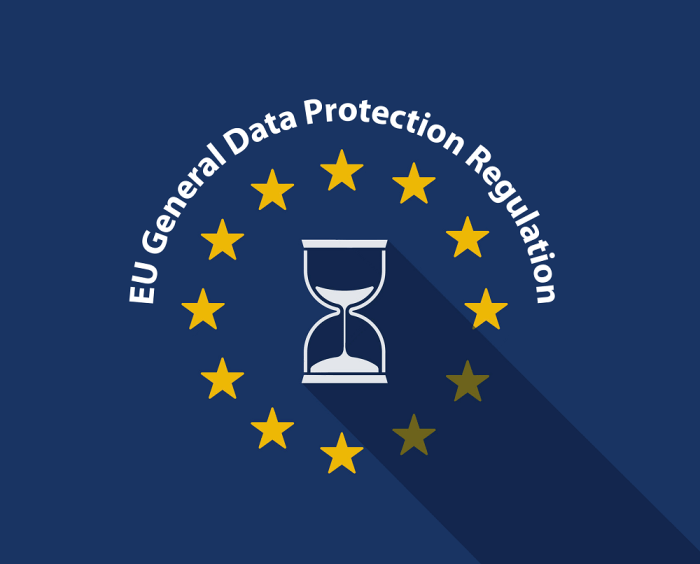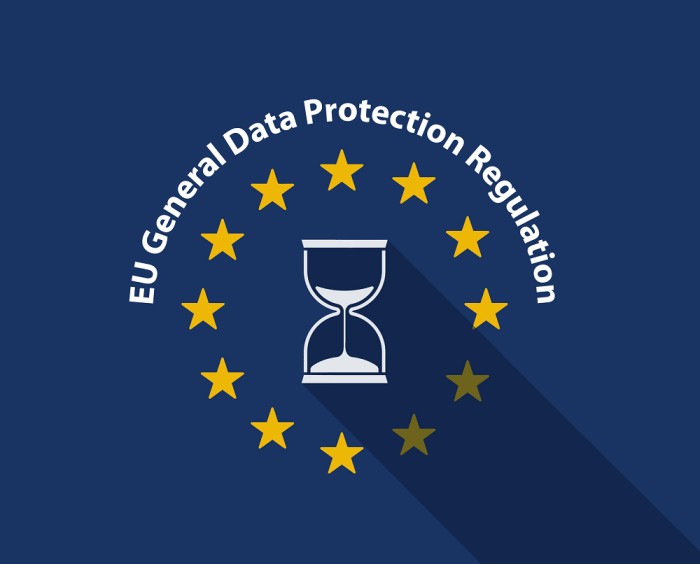UK Data Protection Reform Under EU Rights GDPR: Navigating the New Landscape. The UK’s departure from the European Union brought about significant changes in data protection laws, with the UK GDPR emerging as a new framework for safeguarding personal information.
This reform, while rooted in the EU GDPR, introduces unique provisions and implications for individuals and organizations alike. It’s a landscape that demands understanding and navigation, and we’re here to guide you through the key aspects and complexities.
This blog post delves into the UK GDPR, examining its key differences from the EU GDPR, its impact on data subjects’ rights, and the compliance obligations it imposes on organizations. We’ll also explore the future direction of data protection in the UK, considering the potential impact of Brexit and the evolving legal landscape.
UK Data Protection Reform Overview: Uk Data Protection Reform Under Eu Rights Gdpr

The UK’s data protection landscape has undergone significant changes since its departure from the European Union. While initially adopting the EU’s General Data Protection Regulation (GDPR) as UK GDPR, the UK has embarked on a path of reform to align its data protection laws with its own priorities and circumstances.
This reform aims to create a more flexible and adaptable data protection regime that fosters innovation and economic growth while safeguarding individual privacy.
Key Differences Between UK GDPR and EU GDPR, Uk data protection reform under eu rights gdpr
The UK GDPR, which was largely a direct copy of the EU GDPR, is now being reformed through the Data Protection and Digital Information Bill (DPDI Bill). This Bill proposes several key changes to the UK’s data protection framework, aiming to create a more business-friendly environment while maintaining strong privacy protections.
- Data Transfer Requirements: The DPDI Bill simplifies data transfer requirements for organizations transferring personal data to countries outside the UK. It introduces a new framework based on adequacy decisions and other mechanisms, potentially easing the burden on businesses operating internationally.
- Flexibility in Data Retention: The Bill aims to provide greater flexibility in data retention periods, allowing organizations to retain data for longer periods if justified by legitimate business interests, such as legal or regulatory requirements. This aims to strike a balance between privacy and business needs.
- Data Protection Officer (DPO) Requirements: The Bill relaxes the mandatory DPO requirements for certain organizations, particularly smaller businesses. This aims to reduce the administrative burden on smaller organizations without compromising data protection standards.
- Increased Enforcement Powers: The Information Commissioner’s Office (ICO) is granted increased enforcement powers, including the ability to impose higher fines for serious data breaches. This strengthens the ICO’s ability to hold organizations accountable for data protection violations.
- Focus on Innovation: The Bill emphasizes the importance of data-driven innovation and aims to create a more conducive environment for the use of data for research, development, and other beneficial purposes. It seeks to balance innovation with data protection principles.
Reasons for UK Data Protection Reform
The UK government has Artikeld several key reasons for undertaking this reform, aiming to create a more flexible, innovative, and effective data protection regime.
- Boosting Economic Growth: The UK government believes that a more flexible data protection framework will encourage innovation and investment, fostering economic growth and creating new opportunities for businesses. By simplifying data transfer requirements and reducing administrative burdens, the government aims to create a more attractive environment for businesses to operate in.
- Promoting Innovation: The reform emphasizes the importance of data-driven innovation and aims to create a more conducive environment for the use of data for research, development, and other beneficial purposes. The government believes that a more flexible approach to data protection will allow businesses to harness the power of data to drive innovation and create new products and services.
- Strengthening Enforcement: The Bill aims to strengthen the enforcement powers of the ICO, providing it with greater authority to hold organizations accountable for data protection violations. This aims to ensure that organizations comply with data protection laws and that individuals’ privacy rights are protected.
- Improving Transparency: The reform aims to improve transparency and accountability in data protection by providing individuals with greater access to information about how their data is being used and processed. This aims to empower individuals to exercise their data protection rights and ensure that organizations are transparent about their data practices.
Discover the crucial elements that make dutch students efficient hydrogen car delft the top choice.


